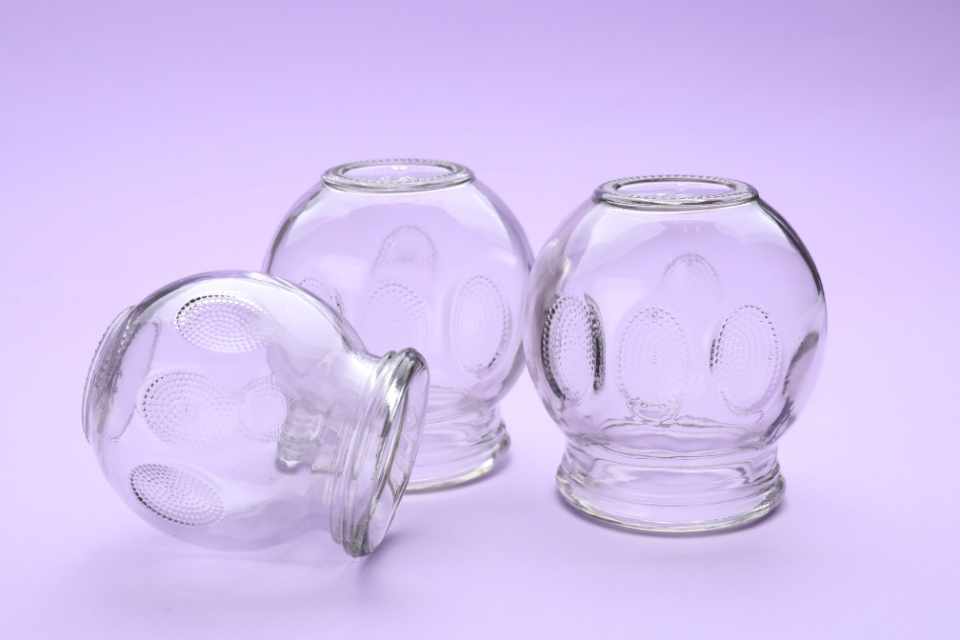Chronic pain is a leading reason that people will use complementary therapies. As an acupuncturist and medical herbalist people living with pain often seek my help. Commonly expressing a desire to reduce pain-relieving medications. Especially in relation to any side effects that they might experience. Yet, how can you choose a complementary therapy to help manage or relieve chronic pain? Is there any scientific evidence to help you decide? In fact, this 2017 review published in the British Medical Journal discusses just that. The available evidence for using certain complementary therapies for chronic painful conditions. I will aim to provide a summary of the review alongside some personal observations.
The review discusses rheumatoid arthritis, chronic low back pain, and chronic neck and shoulder pain. As this topic is huge, this post will form part of a series of posts. Starting with a discussion of what chronic pain is. Later posts will continue with the available findings from the review for different therapies. These include acupuncture, mind-body medicine, nutrition and fasting, herbal medicine and nutrients, and cupping.
What is chronic pain?
It is defined as pain that lasts for more than three months. Conditions that may cause this type include low back pain, migraine and other headaches, osteoarthritis, neuropathic pain and cancer-related pain. In fact, millions of people around the world live with a lot of pain on a daily basis.
Even with new drug treatments or interventions, pain management can be difficult for many reasons. Scientists have found that the sensation felt is subjective and complex. The extent of physical injury or tissue damage does not always result in a proportional experience. It is even possible to have pain in a part of the body without damage or injury in that particular area. An extreme example of this might be the sensation felt by someone who has lost a limb but still feels hurt as if the limb was still there.
In some types of pain, there may be factors that influence the awareness of what is felt. Such as emotions and attitude, cultural background or the situation surrounding the cause of the suffering. In other words, sometimes, how the brain processes the inputs from the body can have a role in how the person experiences the sensation.
Plus, even after an injury has healed, a person may still experience intermittent pain. The persistence of the firing of signalling pathways seems a bit like a recurring memory. What’s more, these types of pain may be unaffected by conventional medication.
Taking account of the well-known side effects or complications that might be experienced by someone on long-term medication. Such as addiction to opioid analgesics. Or the gastrointestinal bleeding and potential risk of chronic kidney disease associated with the use of non-steroidal anti-inflammatory drugs or NSAIDs. It is not surprising then that many people turn to alternative therapies.
Many complementary therapies often take a holistic view. Taking account of the mind and body of the person. As well as their individual circumstances. This is not usually possible to reproduce in a typical clinical trial. So trials of complementary therapies do not always reflect the results that might be expected from individualised treatment. Even so, there is evidence that complementary therapies can help. In fact, the review shows that using complementary therapies alongside conventional medicine, an approach called integrative medicine, may provide a better option. At least for some therapies. Providing a better outcome than either complementary therapy or conventional medicine alone.
Read the second part of this series of posts:
Which therapy – chronic pain and rheumatoid arthritis








0 Comments